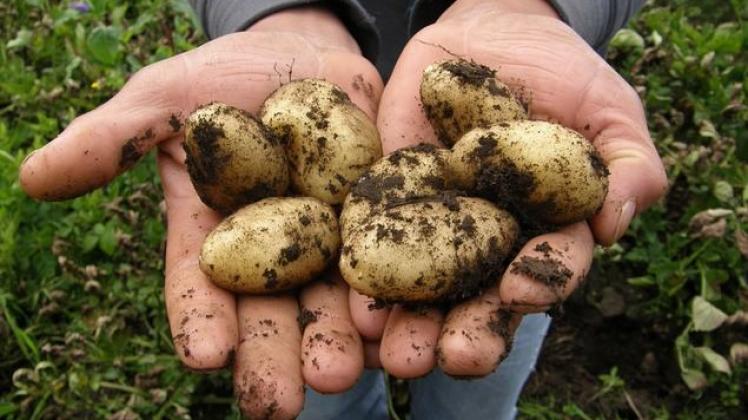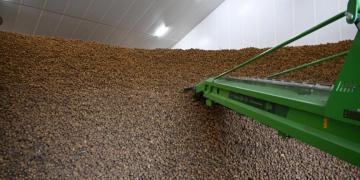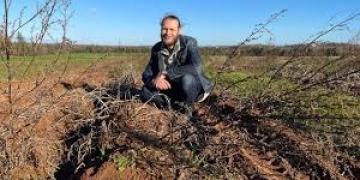Spain: Potato production in Asturias and its impact on the local economy
Potato cultivation is an essential part of agricultural activity in Asturias. The region’s soil and climate characteristics have enabled a stable production, renowned for its quality.

Over time, the region’s agriculture has incorporated new practices aimed at sustainability. Among the most notable changes are crop rotation and the use of organic fertilizers, measures that improve soil quality and reduce environmental impact. These strategies have allowed the sector to modernize without losing its essence, maintaining competitiveness and ensuring responsible production in the face of the challenges of climate change.
The potato’s role in cooking reinforces its economic importance. It is a common ingredient in traditional dishes such as Asturian stew and tortilla, and its constant consumption ensures stable demand throughout the year. Its presence on the table reflects the relationship that local residents have with the products of their land. Gastronomy has also become an ally for farmers, promoting recognition of local produce at fairs and in restaurants throughout the region.
In recent years, interest in locally sourced foods has grown. Consumers seek to know the origin of their purchases and value sustainable farming methods. This trend has strengthened the bond between producers and customers, creating a network of trust that fosters the local economy. At Almacenes El Majo, they explain that "Buying directly from the farmer not only guarantees freshness and quality, but also keeps towns and family farms active."
Fairs and weekly markets play an important role in this dynamic. There, producers offer their potatoes without intermediaries, allowing them to obtain fair prices and maintain direct contact with buyers. These spaces also serve to disseminate knowledge about the different varieties and cultivation methods. Face-to-face interaction fosters respect for agricultural work and contributes to a greater consumer appreciation for local produce.
Public policies are beginning to focus on the protection of traditional crops. Support programs seek to ensure the preservation of native varieties and that small farms can remain profitable. Collaboration between the regional government, cooperatives, and producers has been essential to sustaining a model that balances productivity with respect for the environment.
Combining traditional practices with technical innovations marks the way forward for farmers. Crop diversification, efficient water management, and process digitalization are tools that can help strengthen the sector. Maintaining a balance between tradition and modernity will be key to ensuring its continuity.
The potato represents more than just an agricultural product; it is a source of employment, a culinary tradition, and a symbol of regional identity. Its production, marketing, and consumption reflect the connection between the land and the communities that work it. Through the joint efforts of producers, consumers, and authorities, the crop can continue to occupy a significant place in the economy and in everyday life.
Fuente: elmundofinanciero.com




